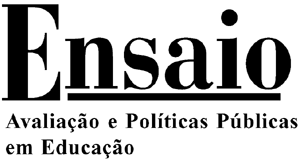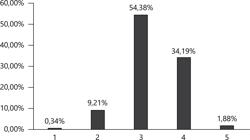Abstract
This article aims to analyze the role that governments in Brazil have played in the conduct of Higher Education policies, taking as reference a typology that establishes four modes of governance for Higher Education: hierarchical, procedural, steering at distance and self-governance. In addition, it considers three different phases of the of the “evaluator” State to analyze its degree of autonomy vis-à-vis international bodies. Based on the theoretical framework adopted, a case study of the Brazilian Higher Education system is conducted, from 1995 to 2017, through documentary research and content analysis. The results indicate that the mode of governance of higher education policies predominant in Brazil is the steering at distance mode, with traits of the hierarchical mode. In addition, it is evident that the State maintains relative autonomy vis-à-vis international organizations, showing signs of approximation with the Organisation for Economic Co-operation and Development.
Higher Education; Governance; Quality Assurance

 Thumbnail
Thumbnail
 Thumbnail
Thumbnail
 Fonte: Adaptado de
Fonte: Adaptado de  Fonte: Elaboração dos autores (
Fonte: Elaboração dos autores (